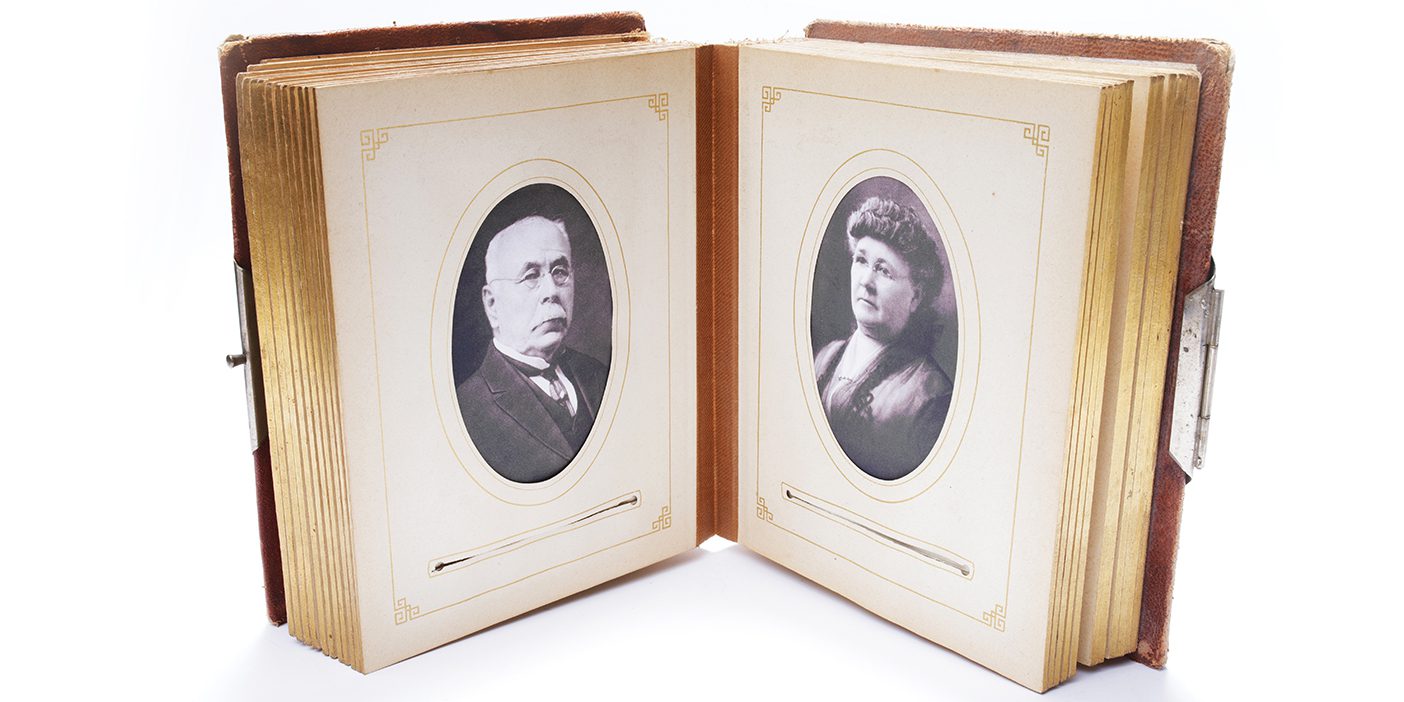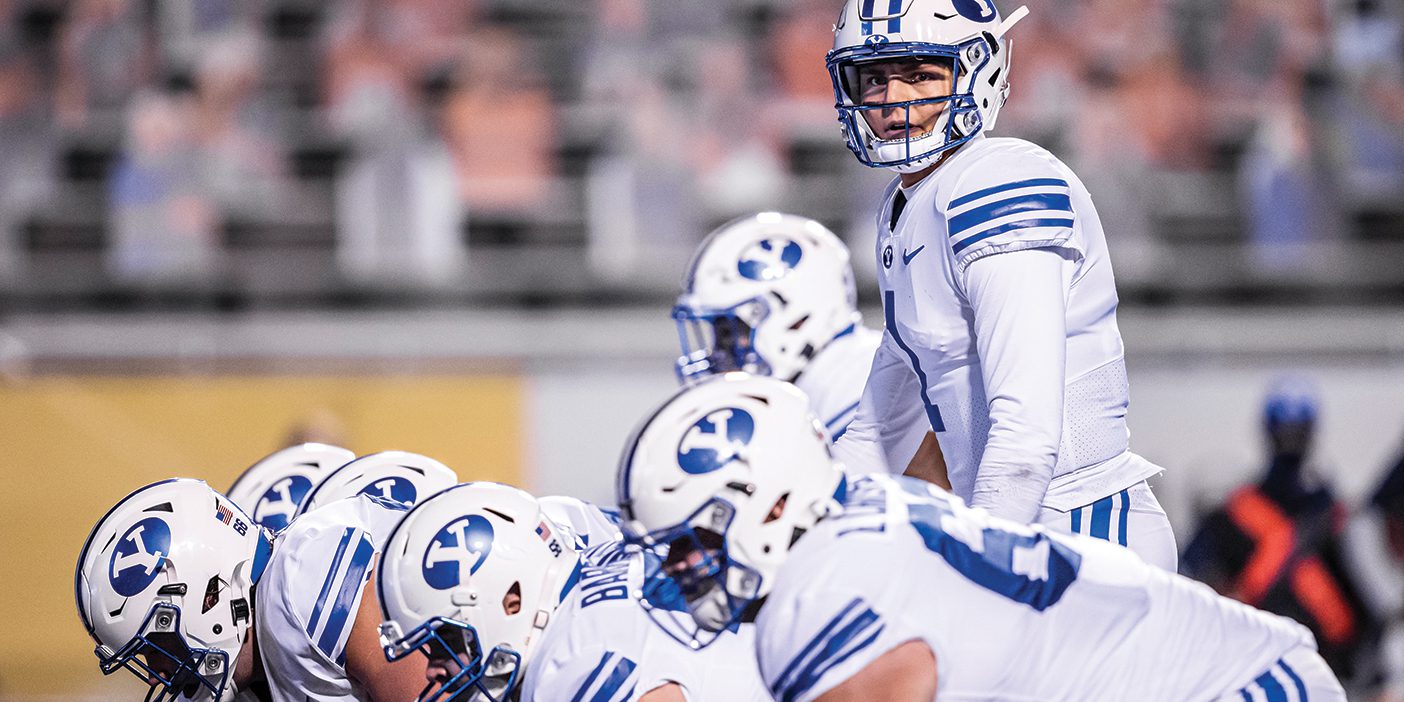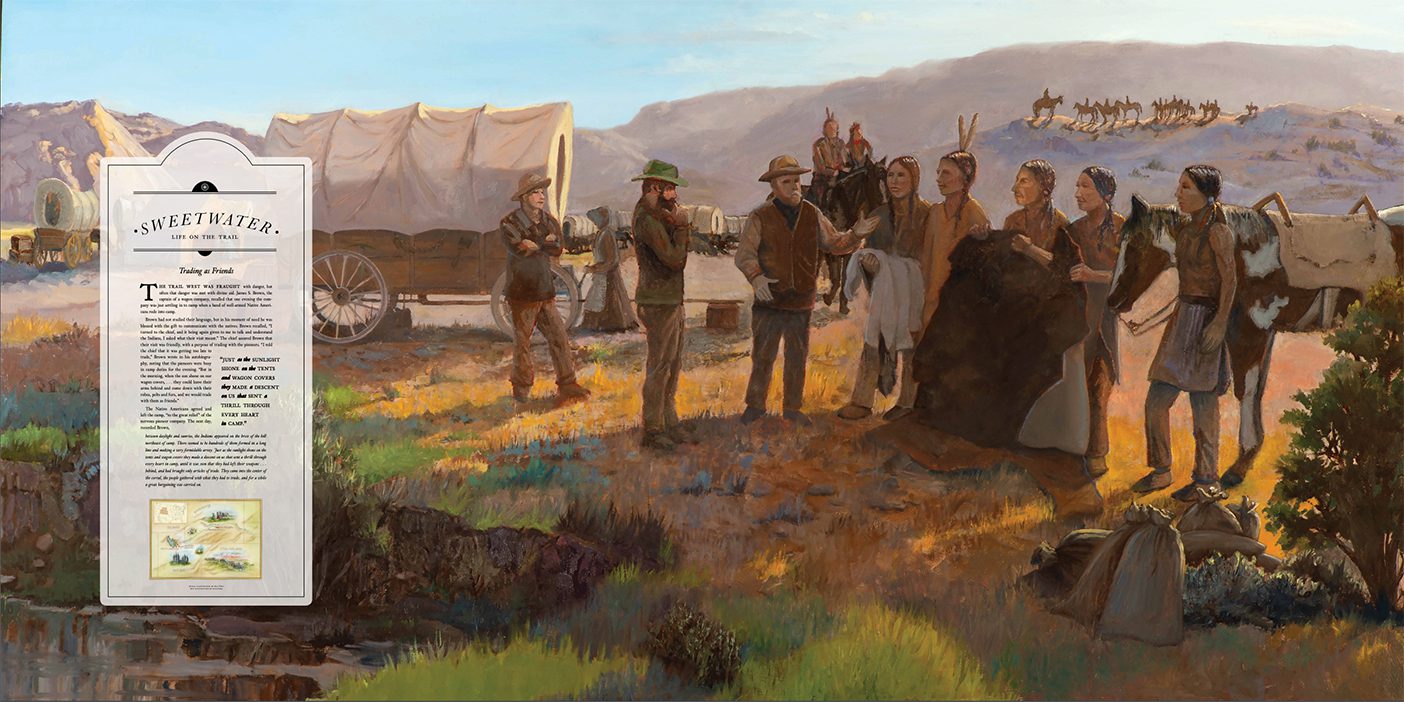For BYU Homecoming 2020, George H. Brimhall descendants sponsored an essay contest honoring BYU founders Jesse and Amanda Knight. Below is the winning essay, by law student Kelvin S. Jensen (BA ’16).

“¡Hermano Jensen!” I froze. I knew that voice. It was the voice of Sister García, the new member who had approached me the month before seeking legal advice. She knew that I was only a law student, but for a single mother unfamiliar with the American legal system and struggling to learn English, I could have been Perry Mason resuscitated.
Praying that Sister García was not going to pelt me with more legal questions (it had taken me quite a while to find answers to the last ones), I turned around slowly. Her agitated face did not bode well. “Can I talk to you?” she asked in Spanish. The word sí escaped my lips, and she proceeded to reveal that she had become involved in a second legal issue. Groaning inwardly, I took my hand off the exit door and followed her back to the foyer. I listened, took notes, and told her that I would do some research and get back to her next week. As I walked home from church, I wondered how, or if, I was going to make good on my promise. Final exams were looming, and I had a lot of studying to do. Plus, I had already helped Sister García once; couldn’t she wait until next month to place another problem at my feet?
My lack of sympathy and lukewarm commitment contrasted sharply with the reaction of BYU Founders Jesse and Amanda Knight when they were approached by a neighbor of limited means about to lose his home. Anticipating that the man would soon be back on his feet, Jesse agreed to sign the note, but the man’s financial troubles persisted, and soon Jesse was asked to pay the note. To make the payment, Jesse realized that he and Amanda would need to mortgage their own home. Could he really ask Amanda to do that? But when she learned of the predicament and was asked if she would accept the mortgage, her reply was emphatic: “Of course I will.”
“Jesse told his family that the Lord would one day bless him with all the money he wanted, as soon as he proved that he could handle it.”
Jesse and Amanda Knight are well-known in our community for their contributions to BYU when it was in dire straits and for their philanthropy generally. But the Knights were not always rich; in fact, they were poor for much of their lives. Jesse worked as a rancher, and Amanda sold cheese and butter. Despite their meager resources, the Knights were generous: Jesse traded goods with farmers poorer than he, often giving them bargain deals at his expense, while Amanda invited neighborhood children with little prospect of formal education to spelling bees at her home. Jesse told his family that the Lord would one day bless him with all the money he wanted, as soon as he proved that he could handle it. Jesse and Amanda rose to the challenge. They showed the Lord that they were ready for riches because they were generous with others even when life was stingy with them.
Meanwhile, I was still grumbling about helping Sister García, kicking pebbles as I trudged off to my apartment. It’s not that I didn’t want to help her—I just didn’t want to do the work. I rationalized that now was the time to prepare for my career, to focus on me, and that I could provide plenty of pro bono service after becoming established in my profession. But as the week wore on, this logic faltered. The human heart does not magically change when life gets cushy, and I knew that landing a good job would not transform me into a generous person any more than wealth could bestow the gift of charity upon Jesse and Amanda Knight. Eventually, I pulled out my crumpled notes from church, opened my laptop, and began to dig. It wasn’t easy, but I was able to find resources and references for Sister García, who has since been able to put her legal troubles behind her and feel the peace of beginning life afresh.
My experience with Sister García reminds me that the BYU legacy of Jesse and Amanda Knight transcends their important financial donations. It encompasses their example of Christian discipleship under adverse circumstances, of preparing for that future day when God would bless them with abundance by living every day as if he already had. Their lives encourage me to think of BYU as a training ground of sorts, a place to practice now the virtues I want to master later. Doing this, I can stand with Jesse and Amanda Knight and build for the future.












